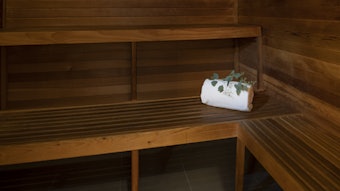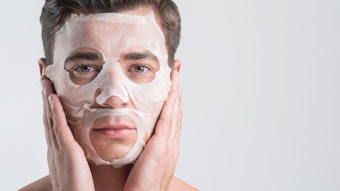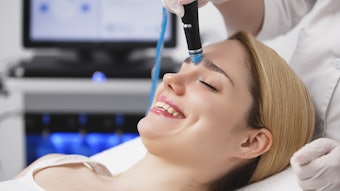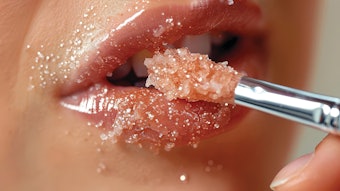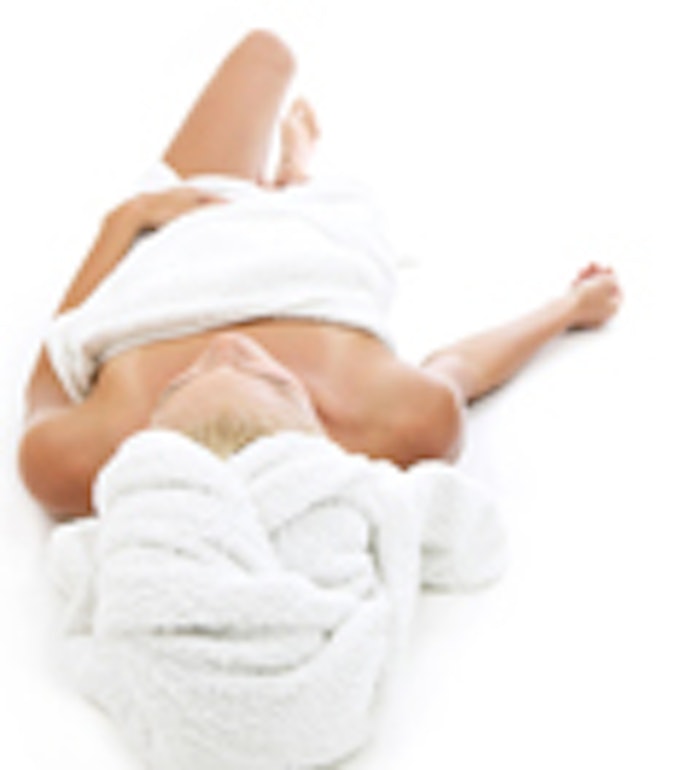
Have you ever experienced any of these situations?
- Restless night
- Thrashing or turning in bed
- Sleeping while driving
- Sleeping on the job
Hands up! It’s awful, isn’t it? Well, you are not alone! Almost everyone suffers from sleeplessness at some time. According to American Sleep Disorders Association (ASDA), more than 35 million Americans suffer from sleeping disorders and about 20 million have experienced sleep deprivation. Do you know that 1/3 of your life is spent sleeping? The notion of “A Sleepless Society” has been proposed. Apparently there is a whole army of people out there who do not sleep at night but spend almost their nights watching TV and surfing the Internet. However, the individuals who are most affected by sleep deprivation are night workers (doctors, nurses, shift workers), pilots, truck drivers, and those suffering from depression and using excessive drugs.
There are also those who burn the candles on both ends, such as partying until the wee hours of the morning and then going to work straight afterward. Many people do not think they need to have sufficient sleep, but end up falling asleep at work or even worse, while driving to work.
Why do we need it?
Sleep is an important biological need, like food and drink. Sleep theories focus on rest and restore for the psyche and the body. It plays an important part of our overall well-being since it affects bodily functions, such as the growth of new tissues, control of body temperature, control of energy and control of the nervous system—behavioral and memory performance.
Causes
There are many causes of lack of sleep or the inability of sleep. Some are short-term and will be resolved quickly; however, chronic insomnia can become long-term and serious, and requires professional therapy.
Inadequate sleep takes a toll on the body both mentally and physically. Some people either have trouble falling asleep, going back to sleep or waking up too early. Lack of sleep occurs more often among females suffering from depression and menopause; those suffering from medical problems; those taking certain medications, such as antihistamines; those addicted to smoking and alcohol; those with high stress levels; those experiencing indigestion, often resulting eating large meals too late at night; and those who are extremely fatigued.
Effects of sleep deprivation
Sleep deprivation can lead to many serious problems, including:
- Reduced energy, resulting in fatigue and exhaustion
- Reduced memory
- Inability to focus and respond quickly, which often leads to accidents
- Lower body immunity, often resulting in increased risk of infection, illness and disease
How many hours are needed?
The Mayo Clinic defines sleep as an adequate amount to produce daytime alertness and feelings of well-being. According to the Centers for Disease Control and Prevention, about 30% of Americans get fewer than six hours of sleep at night, and 50-70 million suffer from sleep disorders. A person should feel recharged after a good night’s sleep. The amount of sleep needed changes with age, varies from individual to individual and is a result of other factors affecting our internal clock or circadian rhythms.
Different stages of sleep:
- Stage 1: Light sleep, awakens easily, slower movement of eyes and muscles
- Stage 2: No eye movement, brain waves slower and occasional bouts of brain waves
- Stage 3: Deep—extremely brain waves—delta—mixed with smaller faster waves
- Stage 4: Deep—mainly delta waves—no eye and muscle action
- Stage 5: Dreaming stage—REM (rapid eye movement)—quicker, irregular and shallow breathing; eyes and limbs become temporarily paralyzed
The beauty of sleep
Do you know the main choice of spa treatments? It is massage. Body massage, facial massage, foot massage—any kind of massage! Why? Because it calms the nerves, mind and induces sleep! In fact, if you do not fall asleep, you would not think the spa treatment was wonderful, because the sleep that you experienced would have put you in a good frame of mind and induces a feeling of wellness. They get up and their eyes are clear and soft, their skin appears soft and smooth with fewer wrinkles, and they feel a sense of wellness or beauty! So sleep is beauty.
Snoring
Most have been exposed to snoring through their families. It is particularly difficult to sleep if your partner snores and you don’t. So, what is snoring? It is noisy breathing. When a person lays on the back and trying to breathe in air, a suction occurs causing the windpipe to collapse, thus blocking air. With less oxygen, the brain awakens and the person snorts or gasps for air, resulting in snoring.
There are a few devices available today to help snorers.
- Mask/blower—a device using a mask placed over the nose with a blower attached to it. It uses continuous pressure to keep the airway open during sleep.
- Surgery—remove tonsils or adenoids located at the back of the throat
Tips for improving sleep
- Develop a regular time to sleep every night and awaken every morning
- Avoid caffeine drinks at night
- Do not perform any heavy exercise close to bedtime
- Avoid spicy foods and large meals before bed
- Drink a warm glass of milk
- Use a dark quiet room at a comfortable temperature
- Before bed, relax with a warm bath, soothing music, read or do some form of mediation
- Drink fewer fluids to avoid urinating at night
- Do not take naps for more than 30 minutes during the day and take them no later than 3 pm.
- Maintain a healthy body weight.
- Have a massage at the end of the workday.
- Use the bed only for sleep or sex.

